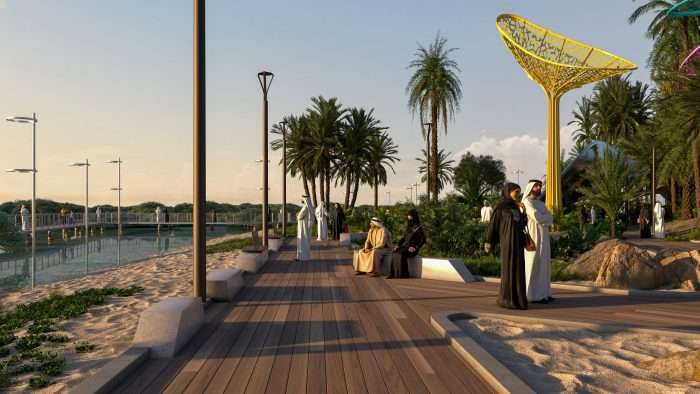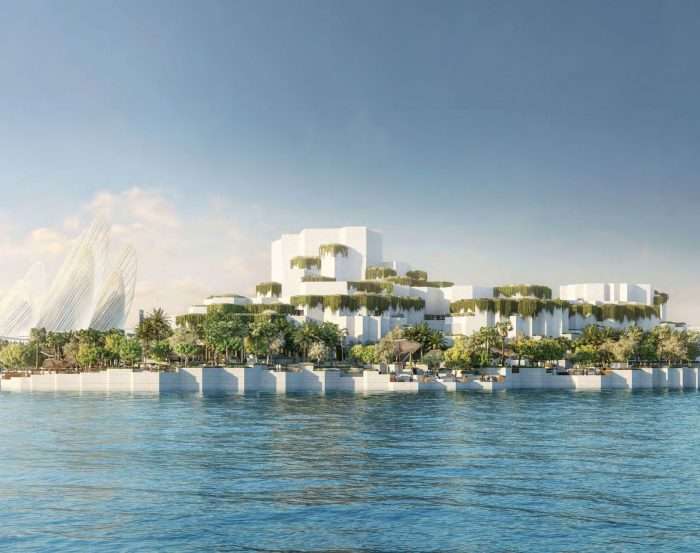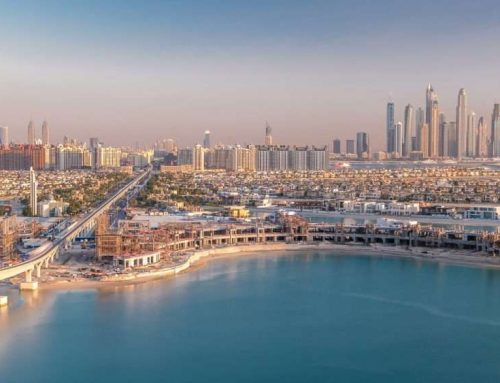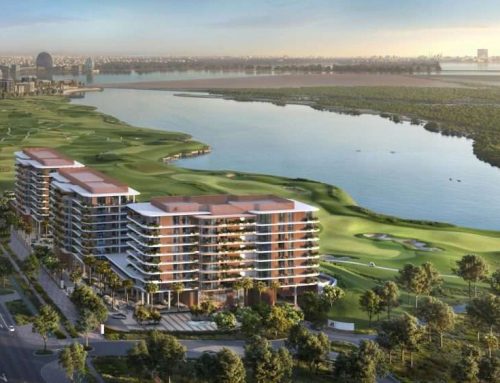Weather’s Influence on the Real Estate Market in Abu Dhabi: Exploring the Connection

The real estate market in Abu Dhabi, the vibrant capital city of the United Arab Emirates, is a thriving and dynamic industry.
While numerous factors contribute to the market’s dynamics, one often overlooked aspect is the influence of weather.
The unique climate and weather conditions in Abu Dhabi can significantly impact the real estate market, affecting buyer behavior, property demand, and overall market trends.
Hot Summers and Mild Winters:
Abu Dhabi’s climate is characterized by hot summers and mild winters, which play a substantial role in shaping the real estate market:
• Seasonal Demand: During the cooler winter months, Abu Dhabi experiences an influx of tourists and expatriates seeking respite from colder climates.

This surge in population can drive up property demand, particularly for short-term rentals and vacation homes.
• Outdoor Living: The city’s mild winter weather encourages a vibrant outdoor lifestyle.
Properties with attractive outdoor spaces, such as balconies, terraces, or swimming pools, may command higher prices due to their suitability for year-round enjoyment.
Dust Storms and Sandstorms:
Abu Dhabi occasionally experiences dust storms and sandstorms, which can influence the real estate market:
• Property Maintenance: Dust storms can deposit layers of sand and dust on buildings and outdoor spaces, requiring regular maintenance.
Properties that are well-maintained and equipped with features to mitigate the impact of dust storms may be more desirable to buyers and tenants.

• Location Considerations: Certain areas of Abu Dhabi may be more prone to dust storms than others. Properties located in less affected areas or those with effective infrastructure to mitigate the impact of sandstorms may have a higher perceived value.
Humidity and Coastal Living:
Abu Dhabi‘s coastal location brings higher humidity levels, which can influence the real estate market:
• Property Design: The humidity factor often leads to a focus on design features that enhance ventilation, moisture control, and air conditioning systems.
Properties equipped with effective cooling systems and humidity control mechanisms may appeal to buyers seeking comfort in Abu Dhabi’s climate.

• Coastal Property Demand: Abu Dhabi’s coastal areas offer scenic views and proximity to the waterfront, making them highly sought after.
Waterfront properties and those with access to beaches, marinas, or coastal amenities may experience increased demand and higher property values.
Sustainability and Energy Efficiency:
Abu Dhabi’s commitment to sustainability and energy efficiency is transforming the real estate market:
• Green Building Initiatives: The government of Abu Dhabi has implemented green building initiatives, encouraging sustainable development and energy-efficient practices. Properties with eco-friendly features, such as solar panels, efficient insulation, and energy-saving systems, may attract premium prices and higher demand.

• Sustainability Certifications: The demand for properties with sustainability certifications, such as LEED or Estidama, is growing in Abu Dhabi.
These certifications demonstrate a property’s environmental performance and contribute to its market value.
Weather conditions significantly impact the real estate market in Abu Dhabi.
The city’s hot summers, mild winters, dust storms, humidity, and coastal location all influence buyer preferences and property demand.
Additionally, the emphasis on sustainability and energy efficiency in Abu Dhabi’s real estate sector presents opportunities for eco-friendly properties.
By understanding and adapting to the effects of weather on the market, buyers, sellers, and real estate professionals can make informed decisions and thrive in Abu Dhabi‘s dynamic real estate industry.





